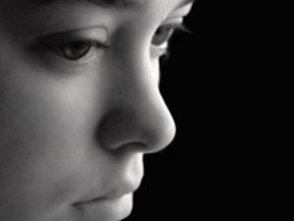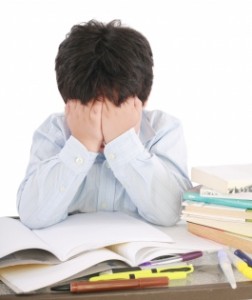The Use of Homeopathy
Homeopathy refers to the method of treating some form of ailment by intentionally producing some of the symptoms thereof. The German physician Samuel Hahnemann (1755-1843) developed the idea on which modern homeopathy is based during the early 1800s, theorizing that a drug that produces certain disease symptoms in a healthy person will have the opposite effect on somebody who already has a disease of which such symptoms are characteristic. (The older school of medicine, based on the opposite principle, is known as allopathy.) In this article, we will look specifically at the use of homeopathic treatments for attention deficit disorder (ADD).
ADD-affected children
 About 35 percent of all children in the United States are affected by this disorder. Traditionally, doctors have used central nervous system stimulants to treat ADD. One such drug is Ritalin and other brands of methylphenidate. This particular drug has been prescribed with increasing frequency since the 1990s, partly as a result of the more widespread acceptance of ADD as a valid diagnosis. If the use of this and other such drugs is monitored carefully, they can be effective at least some of the time; however, there is a risk of toxicity, and their effects on children under six has not yet been adequately tested, so these drugs should be considered off-limits to that age group.
About 35 percent of all children in the United States are affected by this disorder. Traditionally, doctors have used central nervous system stimulants to treat ADD. One such drug is Ritalin and other brands of methylphenidate. This particular drug has been prescribed with increasing frequency since the 1990s, partly as a result of the more widespread acceptance of ADD as a valid diagnosis. If the use of this and other such drugs is monitored carefully, they can be effective at least some of the time; however, there is a risk of toxicity, and their effects on children under six has not yet been adequately tested, so these drugs should be considered off-limits to that age group.
That leaves homeopathy as a viable alternative for those who want to see their children treated for ADD as early as possible. Although objective evidence for its effectiveness has been lacking up to a point (see next section), clinicians have reported that homeopathy does have positive results when used properly.
Testing the effectiveness of homeopathy
A blind test was performed in 1997 on 43 ADD children. Each was selected for either a homeopathic remedy or a placebo, which was administered for ten days. Those in the first group improved more greatly than those in the placebo group. An article on this study appeared in the October issue of the British Homeopathic Journal that year.
Some individual homeopathic remedies
The number of homeopathic ADD medicines are great. A few of the medicines are listed below:
- Agentum nitricum
- Calcarea carbonica
- Lycopodium clavatum
- Natrum muriaticum
- Hyoscyamus
- Tuberculinum
- Remember, when considering homeopathic treatments for you child you should never self diagnose or treat. Please seek advice and treatment from a highly trained and experienced homeopathic practitioner. Treatment should only be performed by an experienced homeopathic practitioner, after an extensive medical history as been performed to make sure the appropriate medicine is administered.


 ADD and ADHD in Children
ADD and ADHD in Children
